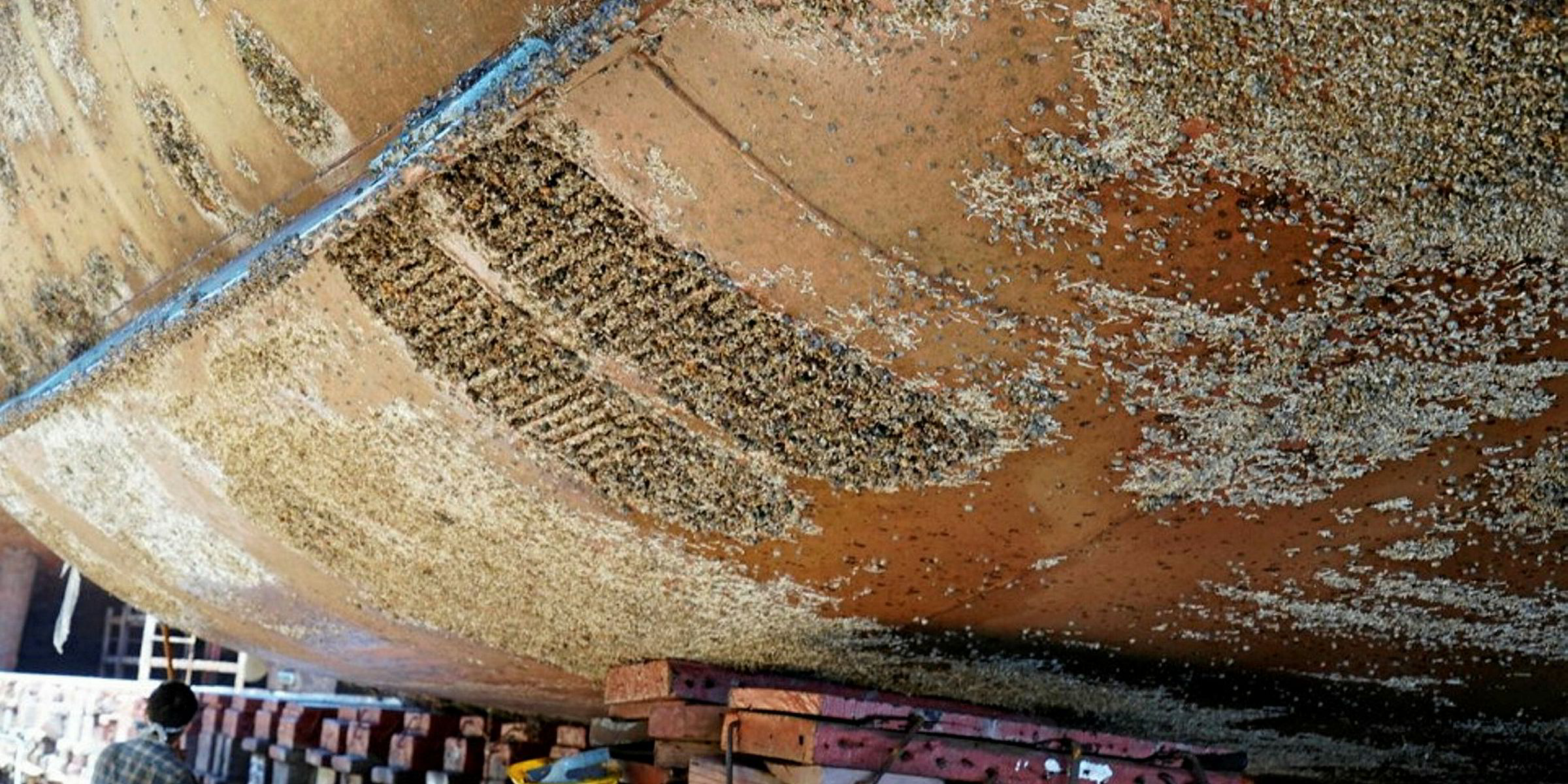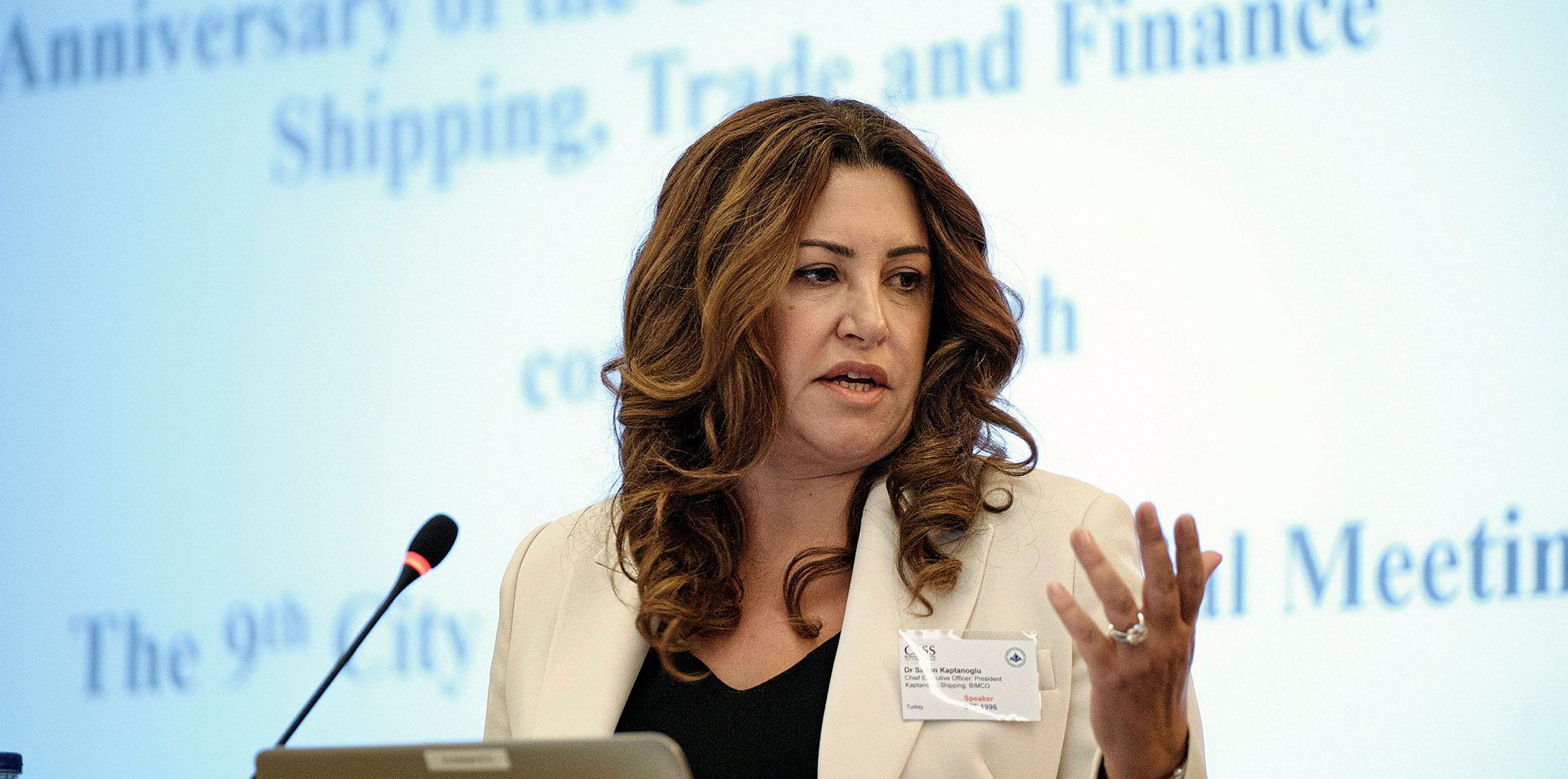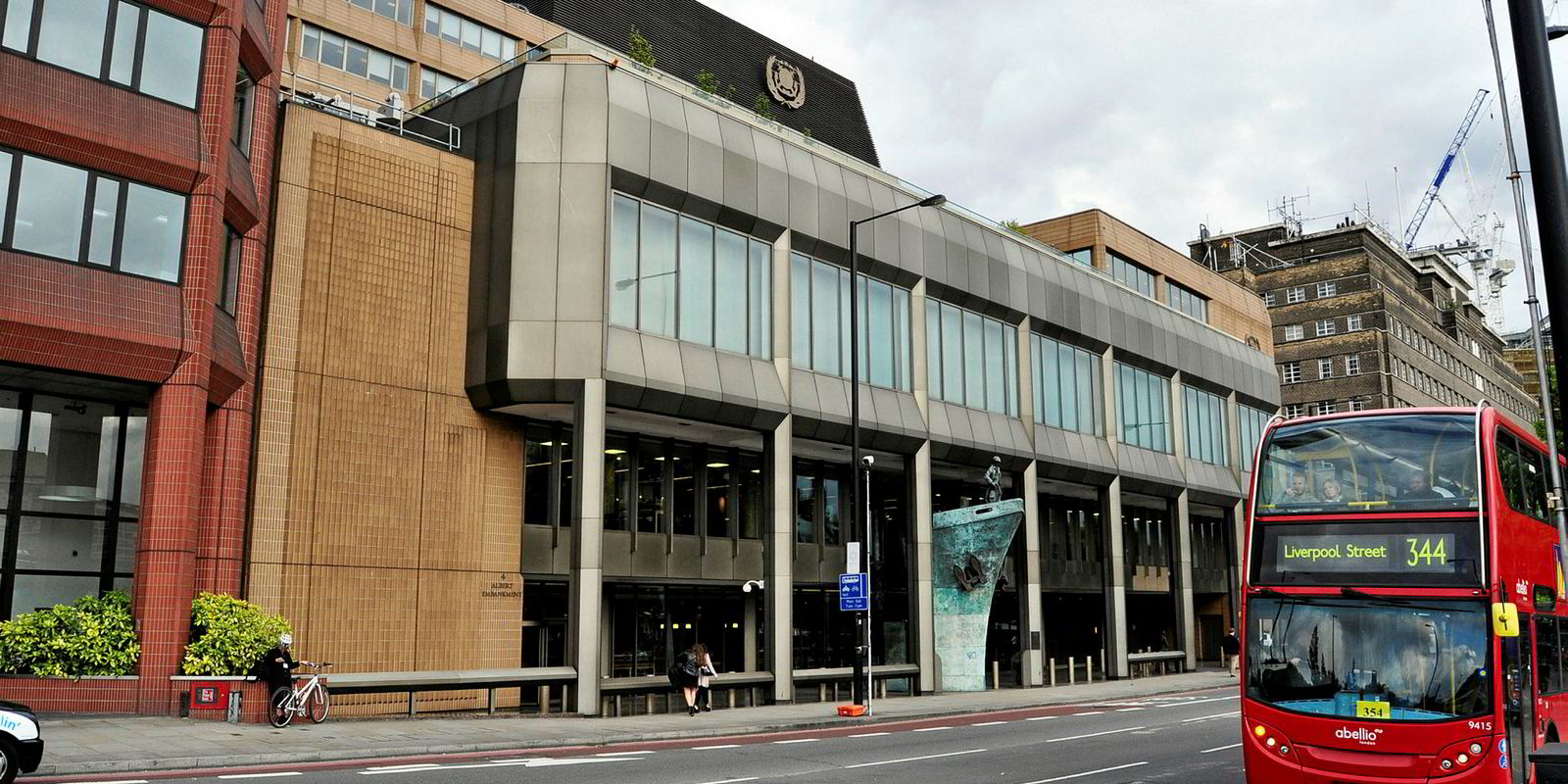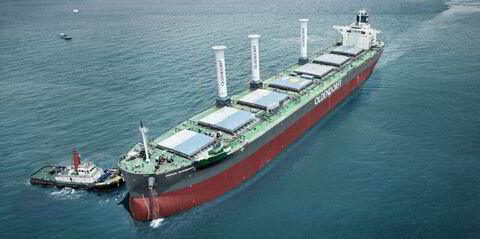New research has found shipowners could be spending an extra $6bn on fuel each year due to hull fouling.
The problem, which is likely to have escalated during the coronavirus crisis and tanker storage boom, may be responsible for vessels pumping an additional 110m tonnes of carbon emissions into the atmosphere.
"The true figure is likely to be higher, as this is a conservative calculation based on today’s relatively low fuel prices and only assumes a 10% coverage of hard fouling," I-Tech said.
The Swedish biotechnology company commissioned independent marine coating consultants Safinah Group, which analysed 249 ships in dry dock over four years — before the pandemic hit.
The findings showed 44% of vessels were suffering from over 10% hard barnacle fouling coverage on the hull.
The sample included all major ship types covering a range of trading activity.
Anything more than 10% coverage is deemed to cause an "unacceptable" impact on vessel performance, I-Tech said.
Dragging the industry down
On 15% of ships, fouling was between 10% and 20%; 10% of vessels had 20% to 30% of hard fouling coverage, and 10% of vessels had between 40% and 80%.
I-Tech said the study demonstrates the "magnitude of unnecessary demand being placed on engines because of hard fouling, increasing fuel consumption and emissions, and exacerbating speed losses due to increased hydrodynamic drag".
Barnacle fouling can only occur when a vessel is static for a few weeks in coastal waters, the company added.
"Since this data analysis was carried out before the Covid-19 pandemic, I-Tech anticipates that in recent months, the extent of barnacle fouling coverage across the global fleet will have increased significantly, particularly for the huge proportion of vessels that have lain idle," I-Tech said.
The company has a stake in the issue, as it produces Selektope antifouling hull coating.
"With up to 5% of underwater hull fouling coverage being seen as good and up to 10% being considered acceptable, the findings that 44% of vessels having more than 10% hull fouling is troubling, even more so when we consider the impact of long idle periods," I-Tech technical director Markus Hoffmann said.
"Shipowners, operators and managers need to be proactive on prevention when considering the antifouling components of their coatings and static-period guarantees offered to ensure they protect their vessel from hard fouling during any unanticipated long idling periods, such as those recently encountered."
Philip Chaabane, chief executive of I-Tech, pointed to the increase in idle ships in the first half of this year.
"We can reliably assume that the extent of fouling across the shipping industry will have spiked significantly," he said.
TradeWinds reported earlier this month that owners were facing big bills from the issue.
The growth of shells, aquatic plants and other organisms on vessels under waterlines is a natural phenomenon and well known to experienced owners.
With a plunge in demand for sea travel during the pandemic, many of the world’s ferries and most cruiseships are believed to be idling at sea.
Alphaliner figures showed a record high of 524 containerships totalling 2.65m teu were forced out of work as of mid-May due to a lack of shipping demand.
Meanwhile, industry estimates suggest the number of crude and product tankers used as floating storage is at an all-time high because of weak oil consumption.






